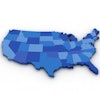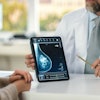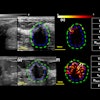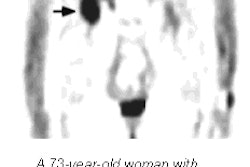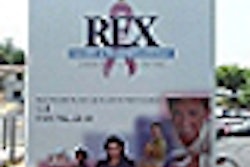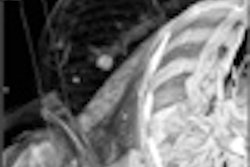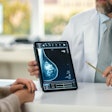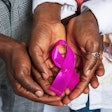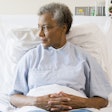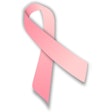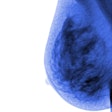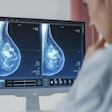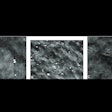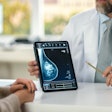Fischer Imaging has received Food and Drug Administration clearance for its SenoScan full-field digital mammography (FFDM) system, joining GE Medical Systems as one of two vendors able to sell an FFDM system in the U.S.
The charge-coupled device (CCD)-based SenoScan is cleared for use in both soft-copy and hard-copy reading in screening and diagnostic applications, according to the vendor. Fischer chairman Morgan Nields described the clearance of SenoScan as "the single most important technical achievement in the history of the company."
It hasn't been easy for the Denver firm. Fischer began developing SenoScan more than eight years ago, and was thought to be close to filing for 510(k) clearance several times in the late 1990s for the unit. With the 1998 change in the FDA's guidance for the regulation of digital mammography systems, Fischer chose to proceed with the premarket approval (PMA) process. The company filed its PMA in March.
As it enters the fledgling FFDM marketplace, the company said it will emphasize SenoScan's high image resolution, low x-ray dose, and large field of view. SenoScan is differentiated by its slot-scanning technique, which scans a thin x-ray beam across the breast concurrently with an array of CCDs moving below the breast. With this approach, data is collected several thousand points at a time, minimizing scatter radiation, improving image quality, and reducing dose, according to the firm.
SenoScan's large field of view can accommodate almost all breast sizes without repositioning the patient, according to Fischer. In addition, the system's open architecture can accommodate new technological developments such as computer-aided detection (CAD) software, tomosynthesis (3-D imaging), and contrast subtraction mammography.
SenoScan produces an image size of 4096 x 5624 pixels with a field of view of 21 x 29 cm. Each digital image has spatial resolution of 25 microns in high-resolution mode and 50 microns in standard resolution mode. SenoScan's limiting resolution is 10 lp/mm in standard resolution, and 14 lp/mm in high resolution. The unit can store up to 1.3 terabytes online, according to the firm.
Testing of SenoScan was conducted at various sites, including the Brooke Army Medical Center in San Antonio, TX; the Sally Jobe Breast Centre in Denver; Thomas Jefferson University in Philadelphia; the University of California at San Francisco; the University of Toronto; and the University of North Carolina in Chapel Hill.
SenoScan will also be used at facilities participating in the National Cancer Institute/American College of Radiology Imaging Network (NCI/ACRIN) digital mammography study, including: UNC; Beth Israel Deaconess Hospital at Harvard; Memorial Sloan Kettering's Guttman Institute in New York City; the Washington Radiology Group in Washington, DC; and LaGrange Memorial Hospital in LaGrange, IL.
By Erik L. RidleyAuntMinnie.com staff writer
September 26, 2001
Related Reading
U.S. to fund multicenter digital mammography study, September 5, 2001
Fischer turns in net income gain in Q2, August 13, 2001
Fischer’s SenoScan closes in on FDA PMA approval, July 23, 2001
Fischer shuffles sales, service operations, May 24, 2001
Fischer revenues slip in first quarter, April 26, 2001
Fischer files PMA for SenoScan full-field digital mammography system, March 15, 2001
Fischer prepares for SenoScan launch with CADx deal, November 29, 2000
Copyright © 2001 AuntMinnie.com

